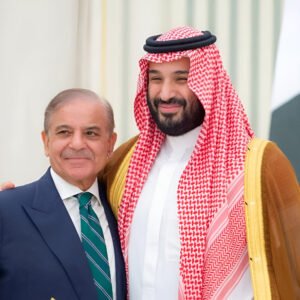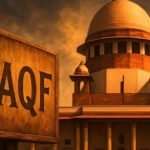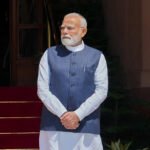Minutes before Prime Minister Narendra Modi met Russian President Vladimir Putin on the sidelines of the SCO summit in Tianjin, the US Embassy in New Delhi reposted a message from US Secretary of State Marco Rubio calling the US–India partnership a “defining relationship of the 21st century.”
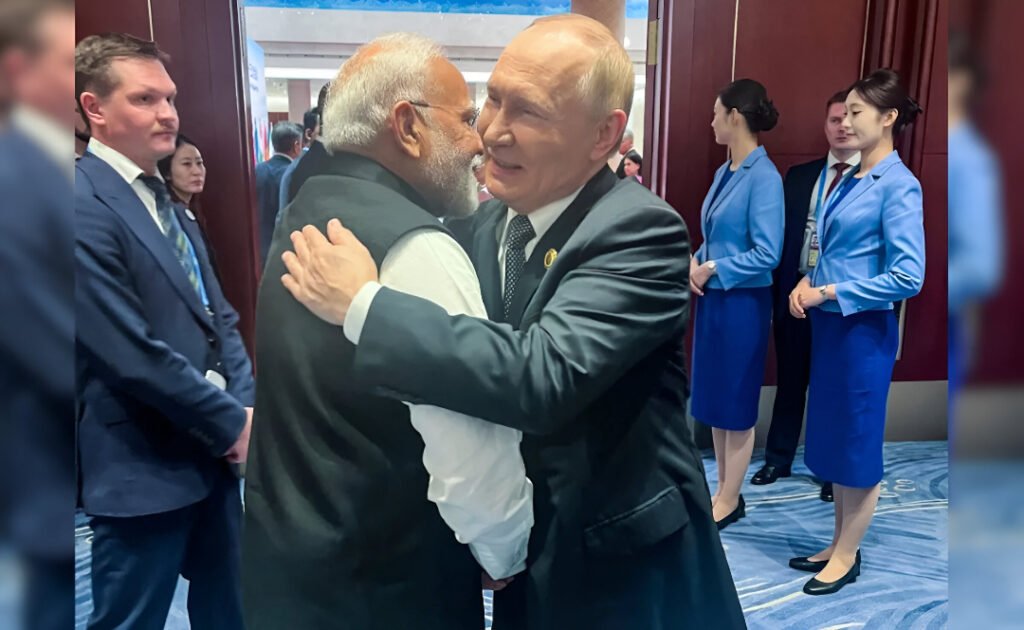
Why it matters
The timing of Washington’s public nod—posted just before Modi’s optics-heavy meeting with Putin—was deliberate. It underlines the diplomatic tightrope New Delhi walks between maintaining long-standing ties with Moscow and deepening a strategic partnership with the United States, especially at a moment when trade and energy tensions have put the relationship under fresh scrutiny.
What Washington said—and when
The US Embassy reposted Rubio’s lines on X (formerly Twitter), saying, “The partnership between the United States and India continues to reach new heights—a defining relationship of the 21st century.” The embassy’s post, part of a broader #USIndiaFWD campaign, went up less than 10 minutes before Modi and Putin’s bilateral meeting began—a window press coverage flagged as an intentional signal.
Why is the timing significant?
Diplomats routinely choreograph messages to shape the narrative around high-profile meetings. In this case, Washington’s intervention frames India’s engagement with Russia—at a summit hosted by China—against an affirmation of US-India ties. Observers say the message serves both to reassure Indian audiences about US goodwill and to signal to other capitals that Washington still prizes its partnership with New Delhi.
The broader backdrop: tariffs and oil purchases
The upbeat US rhetoric comes amid concrete strains. Washington recently imposed steep tariffs on Indian imports in response to New Delhi’s purchase of discounted Russian oil—a policy flashpoint that has complicated ties. India’s continued energy purchases from Russia are part of a pragmatic approach to fuel security, even as they provoke US economic pressure and political commentary.
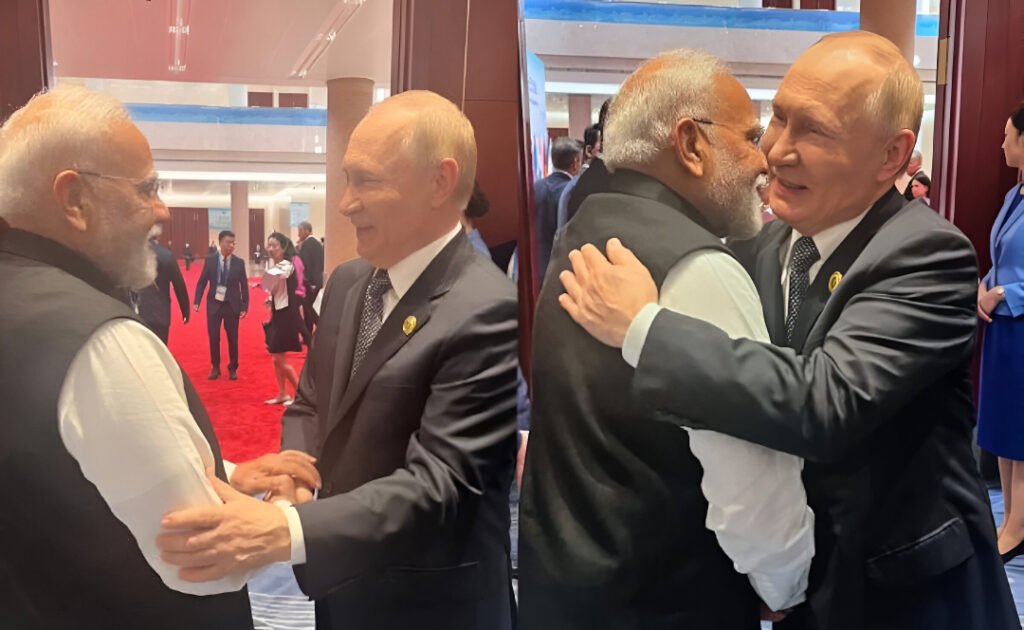
Modi–Putin meeting: optics and outcomes
Modi and Putin met on SCO sidelines to discuss energy, trade, and regional stability; their public camaraderie—including a warm embrace and a shared car ride after the summit session—highlighted enduring India–Russia goodwill. New Delhi has repeatedly called its Moscow ties “special and privileged,” while simultaneously pressing for de-escalation in global conflicts and sustaining dialogue with Western partners.
What New Delhi is balancing
For India, the calculus is complex: it needs reliable energy supplies and historic defense cooperation with Russia, yet it also seeks technology, investment, and security collaboration with the United States. Modi’s diplomacy in Tianjin—meeting Xi and Putin and then departing for Tokyo earlier in the trip—is an exercise in strategic autonomy, signaling New Delhi’s intent to engage multiple powers without being tied exclusively to any single camp.
Diplomatic readings and expert views
Analysts see Washington’s message as a bid to keep India anchored despite recent frictions. Some diplomats interpret Rubio’s wording as both substantive praise and a subtle reminder: the US values the relationship and expects reciprocity on issues where American and Indian interests converge, such as Indo-Pacific security and high-technology cooperation. Others caution that branding alone won’t resolve policy tensions related to trade sanctions or third-country energy deals.
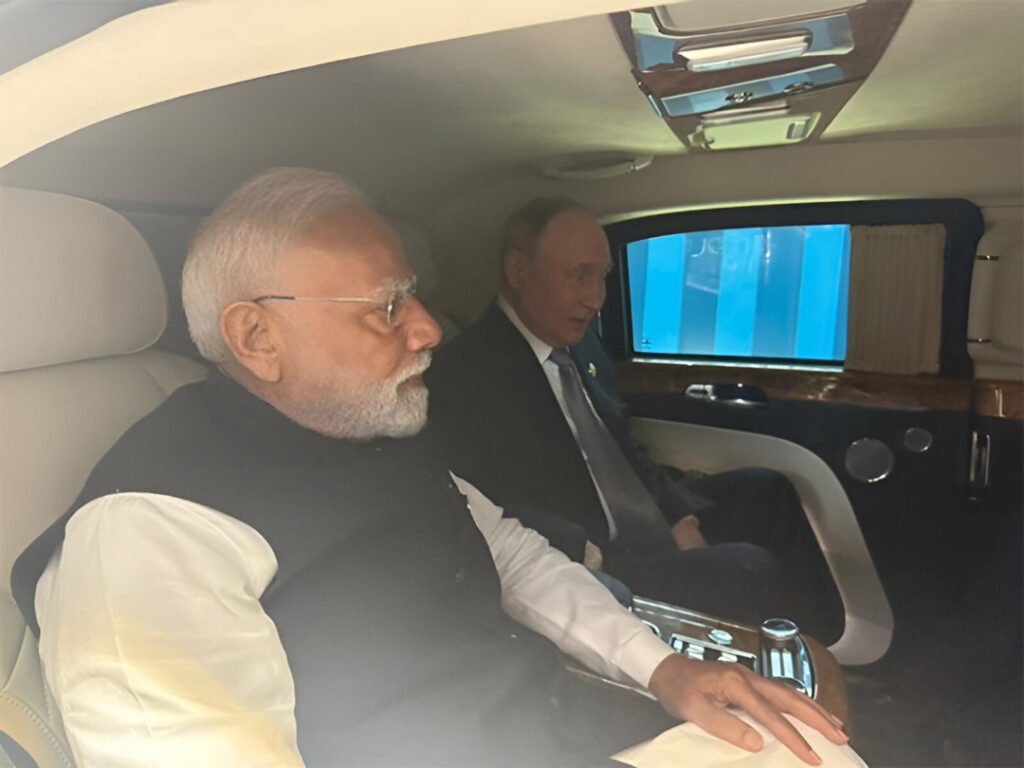
What’s next—watch points for the coming days
- Bilateral follow-ups: Expect US–India engagement at official levels to translate into working meetings on trade, defense, and tech cooperation.
- Energy diplomacy: New Delhi will continue to seek alternatives and negotiate policy space for energy security while managing international pushback.
- Narrative management: Both Washington and New Delhi will monitor how public messaging—like the embassy post—shapes domestic perceptions and the responses of other partners, especially Moscow and Beijing.
Attribution & sources
According to reporting by NDTV, The Tribune, Hindustan Times, Reuters, and the Associated Press, the US Embassy in India reposted a message from US Secretary of State Marco Rubio calling US–India ties a “defining relationship of the 21st century” minutes before Prime Minister Modi’s bilateral meeting with President Putin at the SCO summit in Tianjin. The coverage contextualizes the post against recent US tariffs on Indian imports over Russian oil purchases and Modi’s diplomatic engagements in Tianjin.
Conclusion
The embassy post was more than a platitude—it was a calibrated diplomatic cue. By amplifying the “defining relationship” line just before Modi–Putin talks, Washington underscored that, even as New Delhi pursues varied partnerships, the US remains a central strategic partner. Moving forward, the durability of that message will depend on follow-through: policy coordination on trade, energy, and security, rather than social media affirmations alone.


